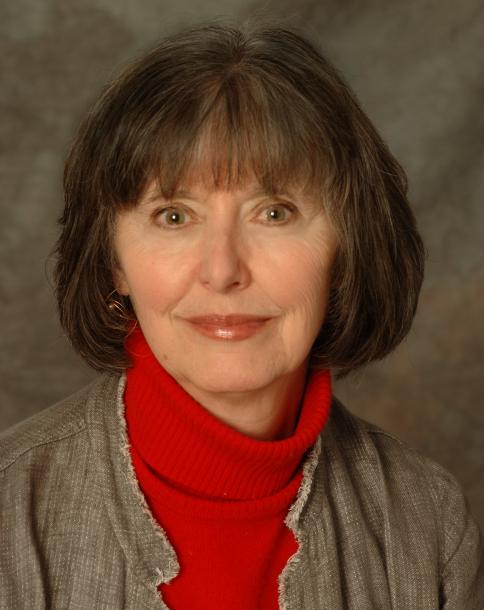
Hester Hill Schnipper is Manager of Oncology Social Work at Beth Israel Deaconess Medical Center in Boston. A 2-time breast cancer survivor, she’s a nationally known speaker, is active in numerous oncology organizations, and has written 2 books about breast cancer. Her daily clinical responsibilities include working with individuals, couples, and families living with cancer and facilitating support groups.
Let me be honest about my credentials to address the important topic of being a single woman with cancer. Yes, I’ve been through extensive breast cancer treatment twice and have worked as an oncology social worker for more than 30 years. I was also divorced and a single mom the first time that I had breast cancer in 1993. However, I had a partner who later became my husband.
It wasn’t exactly like being married—especially in my panic about my daughters’ needs and future—but it wasn’t exactly being alone. I know that. So, although flavored by my personal experiences, my observations really come from the many single women whom I’ve known, loved, and helped as they moved through diagnosis, treatment, and recovery.
Being single with cancer means you have to consider a number of issues:  managing physically, psychologically, and logistically, as well as staying in or re-entering the dating world. Here are my thoughts on a few of those issues.
managing physically, psychologically, and logistically, as well as staying in or re-entering the dating world. Here are my thoughts on a few of those issues.
Being single doesn’t mean alone
Figuring out how to manage the demands of treatment—the needed rides, assistance with meals or housework, walking the dog—is certainly harder without a partner. But there are a number of good websites that can help you maintain as much privacy as you want while organizing help, such as Caring Bridge, Lotsa Helping Hands, and others. These sites enable friends, colleagues, or neighbors, who may not know one another, to work together on your behalf. You can even ask a friend to manage a site for you.
If you don’t feel that you have a network of friends who can come to your aid, talk to a social worker at your hospital or treatment center. There are various community programs that can help, and a social worker can identify resources that you may not have considered.
Is there a right time for dating?
The emotional challenges of being single with cancer may be more daunting than the practical ones. You may feel very alone in the middle of the night and wonder if you’ll ever again feel strong, attractive, and desirable. Meeting new people and dating is rarely easy, and adding cancer to the mix complicates it even more.
I’ve known only a handful of women who tried to date during cancer treatment. It may have briefly seemed like a good way to feel more “normal” and try to have fun, but it usually turned out to be challenging. Think of dating along the same lines as looking for a new job while in the middle of chemotherapy. It’s very hard to explain the way you look, the way you feel, the many demands on your time, and the gaps in your resume.
Dating after treatment, however, can be a much more gratifying experience.
When it’s time to share your story
After decades of listening to stories, this is my honest report: Yes, there are people who will flee when you disclose your health history. It’s painful, but remind yourself that they wouldn’t have been reliable, loving partners in life. Remind yourself that no potential partner comes without personal baggage or with a perfect body.
A few women have told me about dates who expressed genuine empathy for their situation, but explained that their wife had died of cancer and they just couldn’t manage the risk again. More women have shared stories of people who said something like, “I wish I’d known you then and could have helped.”
My favorite story came from a woman who had a breast removed without breast reconstruction. She told a new man in her life about her changed body. This tattooed, chained, leather-wearing biker responded, “Honey, that just means when I put my head on your chest, I’ll be that much closer to your heart.”
When you think there might be a future with someone and you’re thinking about physical intimacy, that’s the time to share your cancer history. Then tell the truth—and trust that any good partner worth having will want to be closer to your heart.
Read one woman’s story about how living with cancer changed the dating experience.
